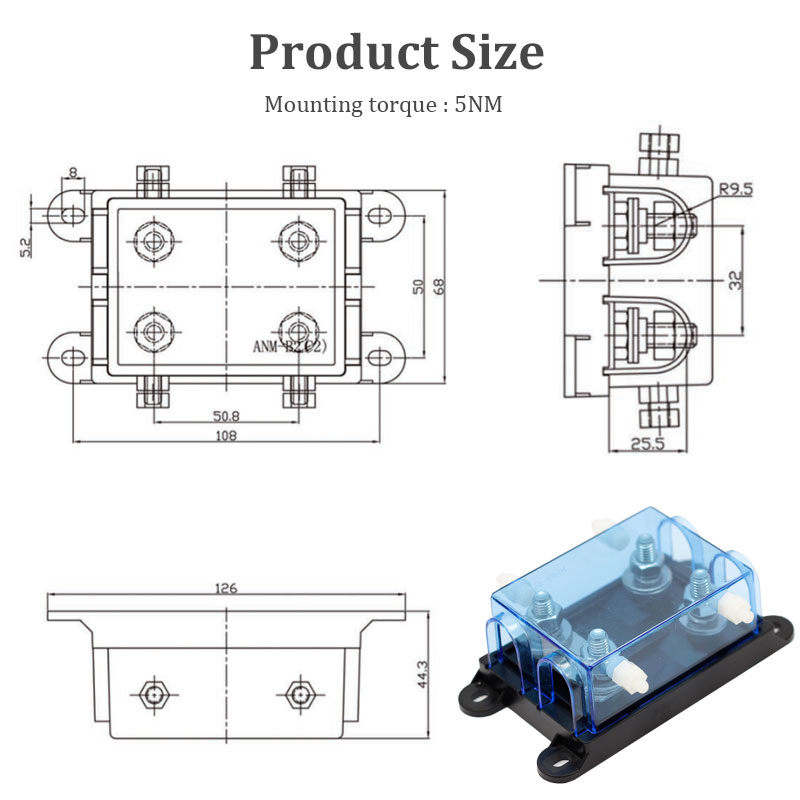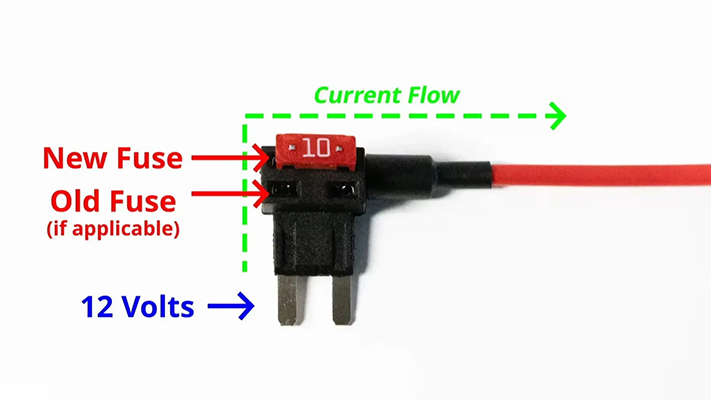Essential Signs for Replacing a Car Fuse Holder and When to Act
News 2025-10-20
Car fuse holders are critical components in automotive electrical systems, ensuring that fuses protect circuits from overloads and short circuits. Over time, these holders can degrade, leading to potential safety hazards or system failures. Understanding when to replace an old fuse holder is key to maintaining vehicle reliability and performance. This article outlines the signs that indicate replacement is needed, helping car owners make informed decisions to avoid costly repairs.

Common Indicators of Fuse Holder Deterioration
One of the first signs that a fuse holder may need replacement is visible corrosion or rust, which can compromise electrical conductivity and increase resistance. Loose fittings or difficulty in inserting and removing fuses often signal wear in the holder’s mechanism, potentially causing intermittent electrical issues. Additionally, if fuses blow frequently without apparent cause, it might point to a faulty holder rather than the fuse itself. In high-mileage vehicles or those exposed to harsh environments, these symptoms can escalate quickly, underscoring the importance of regular inspections to prevent failures in critical systems like lighting or engine management.
Benefits of Timely Fuse Holder Replacement
Replacing a worn fuse holder not only restores optimal electrical performance but also enhances overall vehicle safety by reducing the risk of fires or electrical shorts. Modern fuse holders offer improved materials that resist corrosion better and provide a more secure fit, which can extend the lifespan of the electrical system. In terms of application, this upgrade is particularly beneficial in electric vehicles or those with advanced infotainment systems, where reliable power distribution is crucial. By addressing issues early, drivers can avoid downtime and ensure that their car operates efficiently in various scenarios, from daily commutes to long trips.
Frequently Asked Questions
1. What are the main causes of fuse holder failure?
Answer: Fuse holder failure often results from exposure to moisture, heat cycles, or physical damage, leading to corrosion or mechanical wear over time.
2. How can I test if my fuse holder is functioning properly?
Answer: Use a multimeter to check for continuity and resistance; if readings are inconsistent or high, it may indicate a need for replacement.
3. Is upgrading to a better fuse holder worth the cost?
Answer: Yes, as it can improve reliability and safety, potentially saving money on future repairs by preventing electrical issues.


